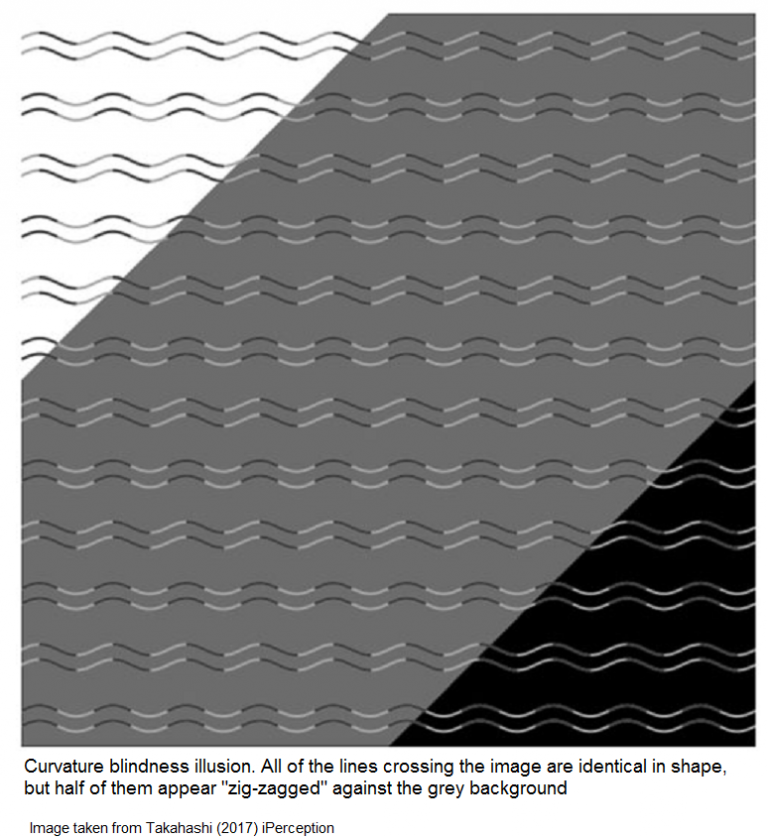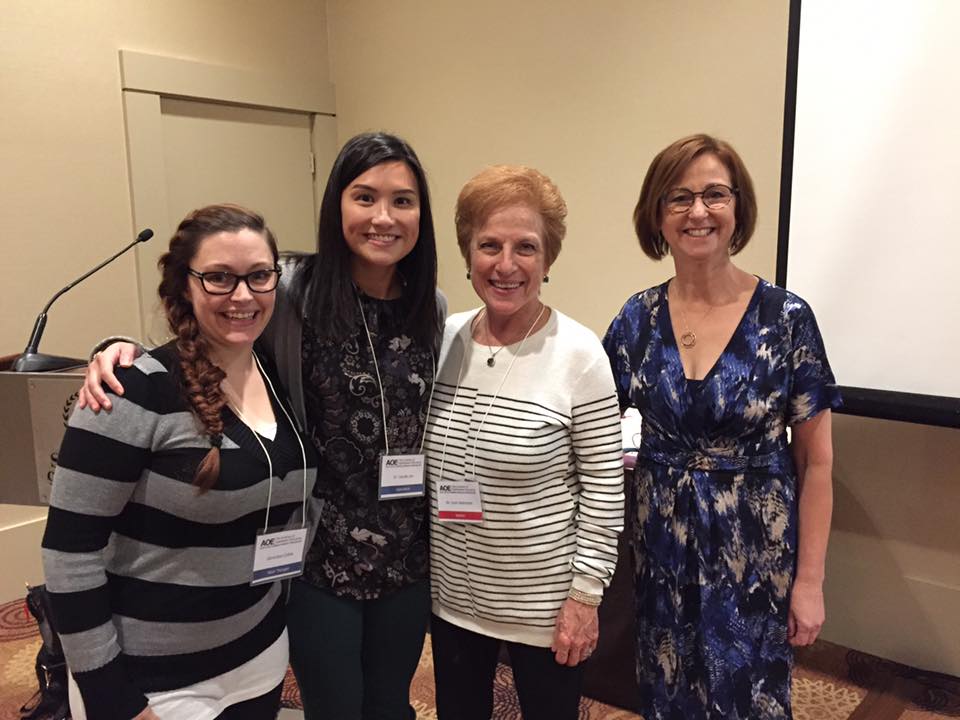New Optical Illusion
A new optical illusion has been discovered! Dr. Kohske Takahashi of 中京大学(Chukyo University) recently described an effect that will have you squinting at your screen in disbelief. All of these lines are actually the same wave pattern!! :O
Read more about it in Discover Magazine!







